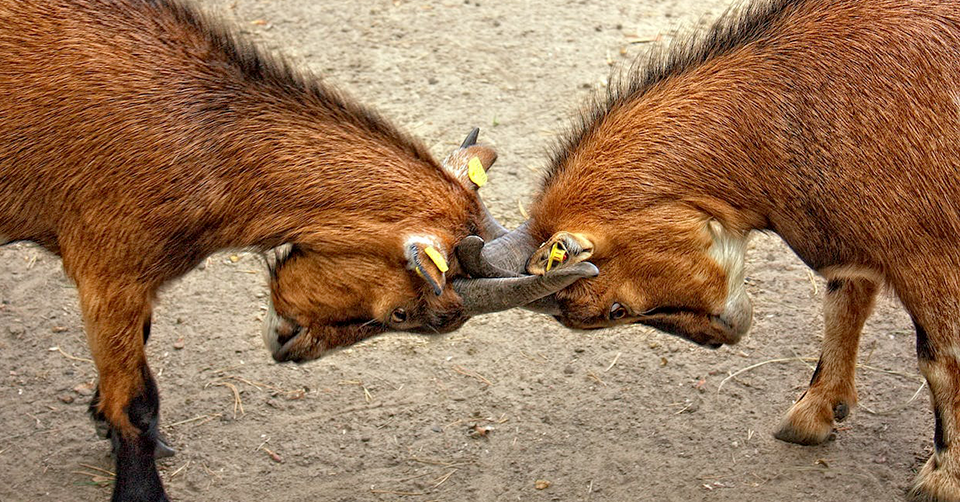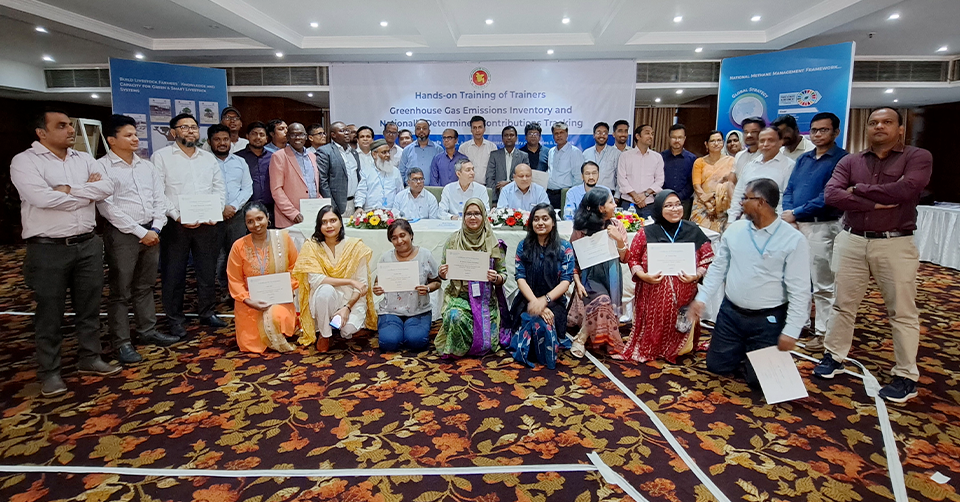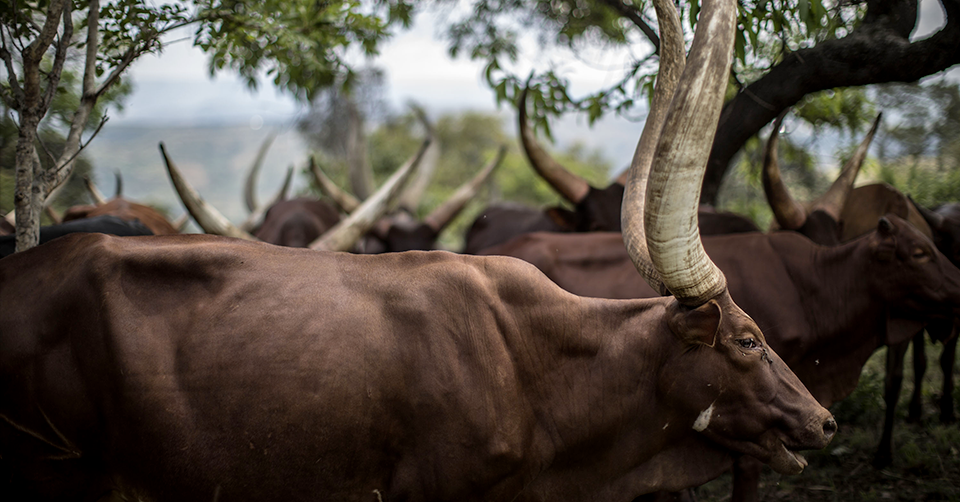Highlights
13/11/2023
Zimbabwe is affected by direct and indirect impacts of climate change. It has experienced severe livestock losses due to recurring droughts, heatwaves, and tropical cyclones, such as Cyclone Idai, which resulted in flooding and landslides in 2019. The livestock sector plays a crucial socio-economic role, especially for rural...
Zimbabwe is affected by direct and indirect impacts of climate change. It has experienced severe livestock losses due to recurring droughts, heatwaves, and tropical cyclones, such as Cyclone Idai, which resulted in flooding and landslides in 2019. The livestock sector plays a crucial socio-economic role, especially for rural...
08/11/2023
Livestock systems in Senegal are a vital socio-economic sector, providing livelihoods, employment, and income to nearly one-third of Senegalese households. Despite its significant contribution to rural economies, the livestock sector faces challenges exacerbated by climate change in the forms of drought, heavy rains, and heat stress, affecting both...
Livestock systems in Senegal are a vital socio-economic sector, providing livelihoods, employment, and income to nearly one-third of Senegalese households. Despite its significant contribution to rural economies, the livestock sector faces challenges exacerbated by climate change in the forms of drought, heavy rains, and heat stress, affecting both...
06/11/2023
In recent years, the government of Bangladesh has intensified its focus on the livestock sector, recognizing its significant role in improving rural livelihoods and contributing to the economic growth of the country. The sector contributes to food security and nutrition by providing animal-sourced food and diversifying diets from...
In recent years, the government of Bangladesh has intensified its focus on the livestock sector, recognizing its significant role in improving rural livelihoods and contributing to the economic growth of the country. The sector contributes to food security and nutrition by providing animal-sourced food and diversifying diets from...
03/11/2023
FAO organizes a national stakeholder workshop to support livestock-related nationally determined contributions in Tanzania. The United Republic of Tanzania is home to the fourth largest cattle herd in Africa after Ethiopia, Chad and Sudan. According to the 2022 National Economic Survey, the livestock sub-sector is the fastest-growing...
FAO organizes a national stakeholder workshop to support livestock-related nationally determined contributions in Tanzania. The United Republic of Tanzania is home to the fourth largest cattle herd in Africa after Ethiopia, Chad and Sudan. According to the 2022 National Economic Survey, the livestock sub-sector is the fastest-growing...
Partagez




